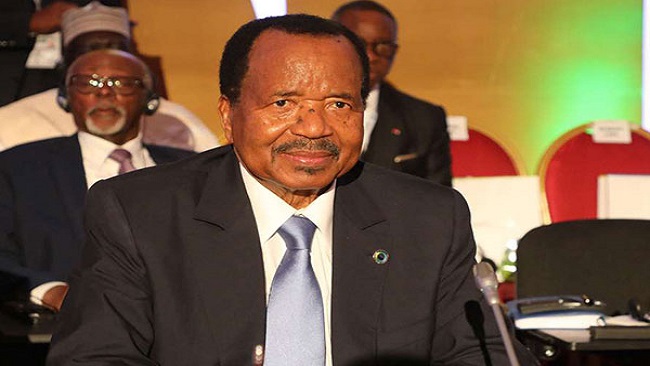Impunity fuels corruption
Checks and balances do not always work, as there is a critical transparency and accountability deficit in the governance of those countries. Where corruption is endemic, the poorest pay the highest price. A bribe, for example, can often mean that the poor don’t get access to the services they so desperately need. According to the World Economic Forum, business leaders stated a couple of years ago that in only 27% of countries could “bribery designed to influence policy” be described as “rare”.
Even though corruption isn’t limited to Africa, a study group mandated by the UN revealed that the continent loses at least $50 billion a year to illicit practices like tax fraud, corruption and organised crime.
South Africa dropped from the 43rd place in 2007 to number 71 last year, owing to, among other reasons, mismanagement, political interference and state capture.
According to Transparency International’s Corruption Perceptions Index for last year, New Zealand, Denmark, Finland, Norway, Switzerland and Singapore are the cleanest countries in terms of corruption; whereas Iraq, Venezuela, North Korea, Equatorial Guinea, Guinea-Bissau and Libya are the most corrupt.
IMPUNITY
So, why is it that corruption is rampant in some countries and not others?
Although there may be many reasons for this, I would argue that impunity reigns in these parts of the world.
We find impunity where there is no respect for the rule of law and where the laws of a country and decisions of the courts are not respected and enforced. Impunity breeds lawlessness and often, if not dealt with, it can lead to the destabilisation of countries. High rates of impunity can lead to socioeconomic inequality, legal inequality, rule-of-law problems, insufficient economic development, difficulties with attracting foreign investment and tourism, as well as an increase in human rights violations. It affects the functioning of all state institutions. Even democratic states struggle to eradicate it.
Last year’s Global Impunity Index covered 69 countries and, for the first time, included three African countries – Algeria, Cameroon and Kenya. They represent different levels of human development.
Algeria is a country with a high index of human development – ranking third in Africa and 83rd worldwide; Kenya has an intermediate index of human development – ranking 146th; and Cameroon has a low index of human development – ranking 153rd out of 167 countries – and is one of five countries with the highest impunity.
It should be pointed out that a total of 124 UN member states lack sufficient information on security and justice to compare them with other countries included in the index, and South Africa is one of them.
Countries such as Croatia, Bulgaria, Slovenia, Sweden and Norway have very low impunity indexes, while the Philippines, India, Cameroon, Mexico and Peru have the highest levels of impunity.
It is interesting – and this is one of the most important findings of the index – that low impunity is present in eastern Europe, while high impunity levels are found in Latin America.
In the so-called failed states we can observe that the lack of authentic rule leads to social distortions as well as high levels of violence, the surge of vigilante groups, massive human rights violations, high levels of socioeconomic inequality, and corruption problems.
Countries that do not pay attention to these variables are condemned to fall into an impunity spiral that becomes hard to change.
A lack of accountability means there is little to prevent exploitation, and where human rights are violated it aggravates impunity levels and deepens social cracks across generations.
Although the fight against impunity – and corruption – may sometimes feel like a lost cause, there are ways in which we can combat it.
We can start by promoting and respecting laws and human rights; fostering a democratic system with checks and balances, accountability and transparent governance; establishing well-resourced and functional security and penitentiary systems as well as independent and impartial justice systems; creating a vibrant civil society that acts as a watchdog of power abuses; promoting independent journalism and protecting journalists, media outlets, whistle-blowers and human rights defenders that investigate and disseminate information on corruption; and providing equal socioeconomic opportunities to all.
Despite some progress that has been made regarding combating corruption and impunity, we still have a long way to go. Because reform of corruption to date has been extremely limited. Momentum must be created and maintained to build an anti-corruption dimension into policy and action. Without this, action to fight corruption and impunity will be flawed.
Culled from News 24




